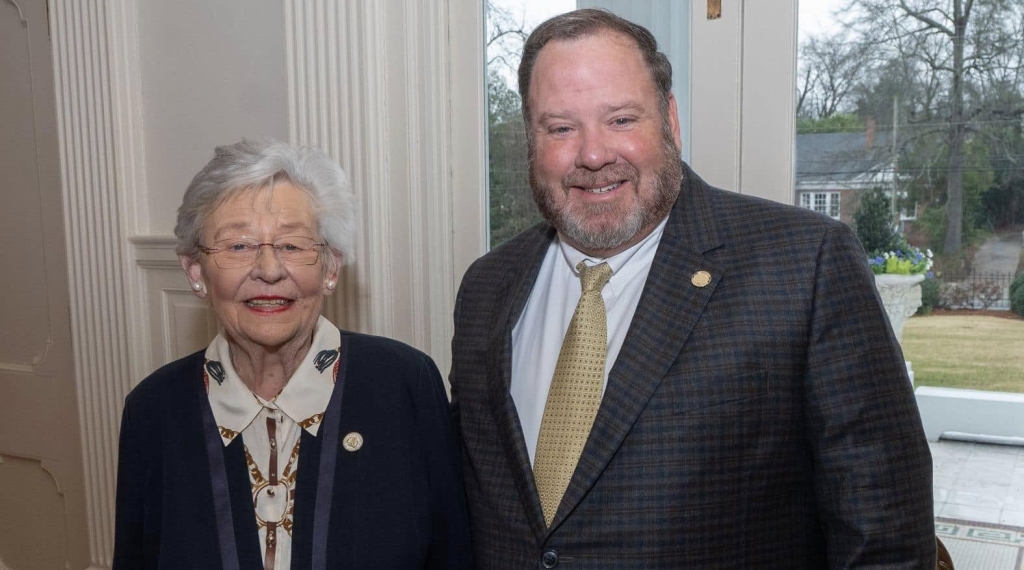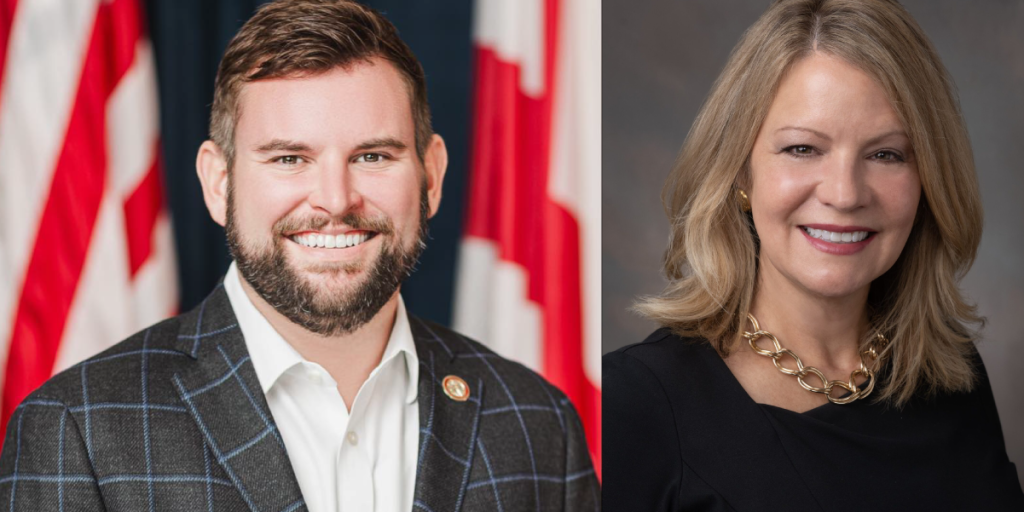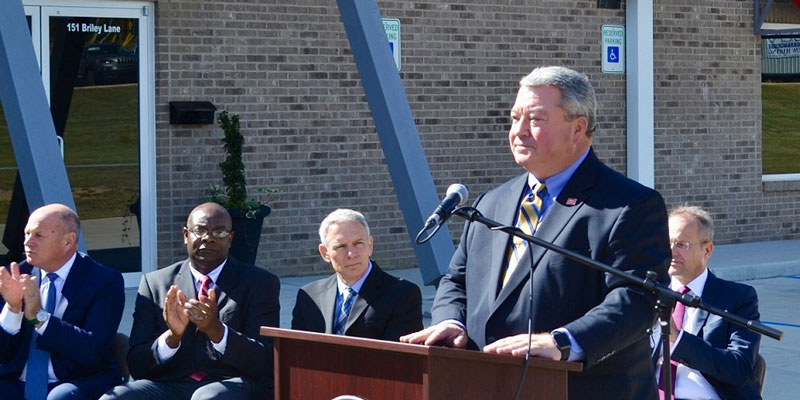The United States is in the midst of a wireless revolution. With the deployment of fifth-generation (5G) technology, American consumers are about to see mobile broadband speeds explode exponentially, unlocking a wide range of new possibilities.
But the deployment of 5G will not come easy. To make 5G a reality, U.S. mobile operators must install new “small cells” throughout their service areas. While one would think that local governments would welcome this new technology with open arms, some local authorities have a sordid track record of using their rights-of-way monopolies to extract concessions from providers to line the city’s coffers. Such tactics delay deployment and ultimately raise the price of 5G services.
The Federal Communications Commission (FCC) has long-recognized this problem and has attempted to take steps, where practicable, to encourage local governments to speed up the tower siting approval process. While the FCC has made some in-roads, the problem of local government abuse is far from solved.
Recognizing these jurisdictional challenges, over 25 states — including Georgia, North Carolina, Florida, Tennessee and Arkansas — have stepped up and passed some sort of small cell legislation to accelerate 5G deployment. To Alabama’s credit, it tried to join these states when the legislature took up a bill last year which would have, among other reforms, limited the fees a city could charge for a small cell installation and streamlined the timeframe for local approval of new small cell deployment. While the bill ultimately did not pass, it is widely expected that this bill will be reintroduced in 2020. The bill does not impinge on the fees and review process of reasonable localities but targets egregious behavior and bad acts, ensuring fairness and uniformity to telecommunications providers.
Needless to say, some local governments in Alabama are none too pleased about the bill’s reintroduction. Their arguments are uncompelling.
Take, for example, Opelika Mayor Gary Fuller. According to a recent op-ed penned by the mayor, the proposed bill would “transfer significant local resources to private companies … without securing any guarantee of public benefit in return.” The mayor should be a bit more accurate with the facts.
Contrary to Mayor Fuller’s assertions, the proposed bill does not “transfer significant local resources to private companies.” All the proposed legislation would do is to create a streamlined permitting process and establish uniform parameters for application review and approval. In fact, under the proposed legislation, not only will local governments be allowed to review permit requests, including site locations, but they will also be permitted to deny a small cell application for numerous reasons, including legitimate public safety concerns, noncompliance with applicable codes, noncompliance with lawful height restrictions and spacing requirements, noncompliance with lawful historic district requirements and more.
Mayor Fuller’s claim that removing local barriers to 5G deployment will not produce any public benefit is also belied by the mayor’s own words. Indeed, the mayor himself acknowledges that 5G is a “crucial foundation for smart city initiatives” and that high-speed 5G services “are critical for the delivery of education, economic development, employment and a variety of services necessary for success and progress in the 21st Century.”
Auburn Mayor Ron Anders is even more hyperbolic. Mayor Anders recently wrote an op-ed in the Auburn Villager in which he argued that the proposed bill would strip cities’ “constitutional authority to make local decisions that impact … local infrastructure.” With all due respect to Mayor Anders, perhaps a lesson in Civics 101 at our shared alma mater Auburn University is in order: municipalities are creatures of the state — not the other way around — and thus a municipality’s authority is limited to what the legislature bestows or withholds. Contrary to the belief of Auburn’s mayor, a political subdivision of a state (that is, a city) does not have greater constitutional authority than the state itself.
At the end of the day, the hard reality is that many local governments in Alabama still have not developed a process for reviewing small cell applications. Many municipalities levy fees and delays that greatly exceed those of neighboring states. As a result, tower and antenna citing in much of Alabama continues to remain stuck in a morass of local politics. If Alabamians want the rapid deployment of and economic benefits from 5G technology across the state, then enacting a reasonable, state-wide uniform tower citing process will go far toward ensuring the rapid deployment of vital 5G wireless infrastructure.
Dr. George S. Ford is the Chief Economist of the Phoenix Center for Advanced Legal & Economic Public Policy Studies, Washington, DC. Dr. Ford is an internationally-recognized expert in IT economics and policy. He lives in Birmingham, Alabama, and has served on Alabama’s Broadband Task Force under two governors. He holds a PhD in Economics from Auburn University.













